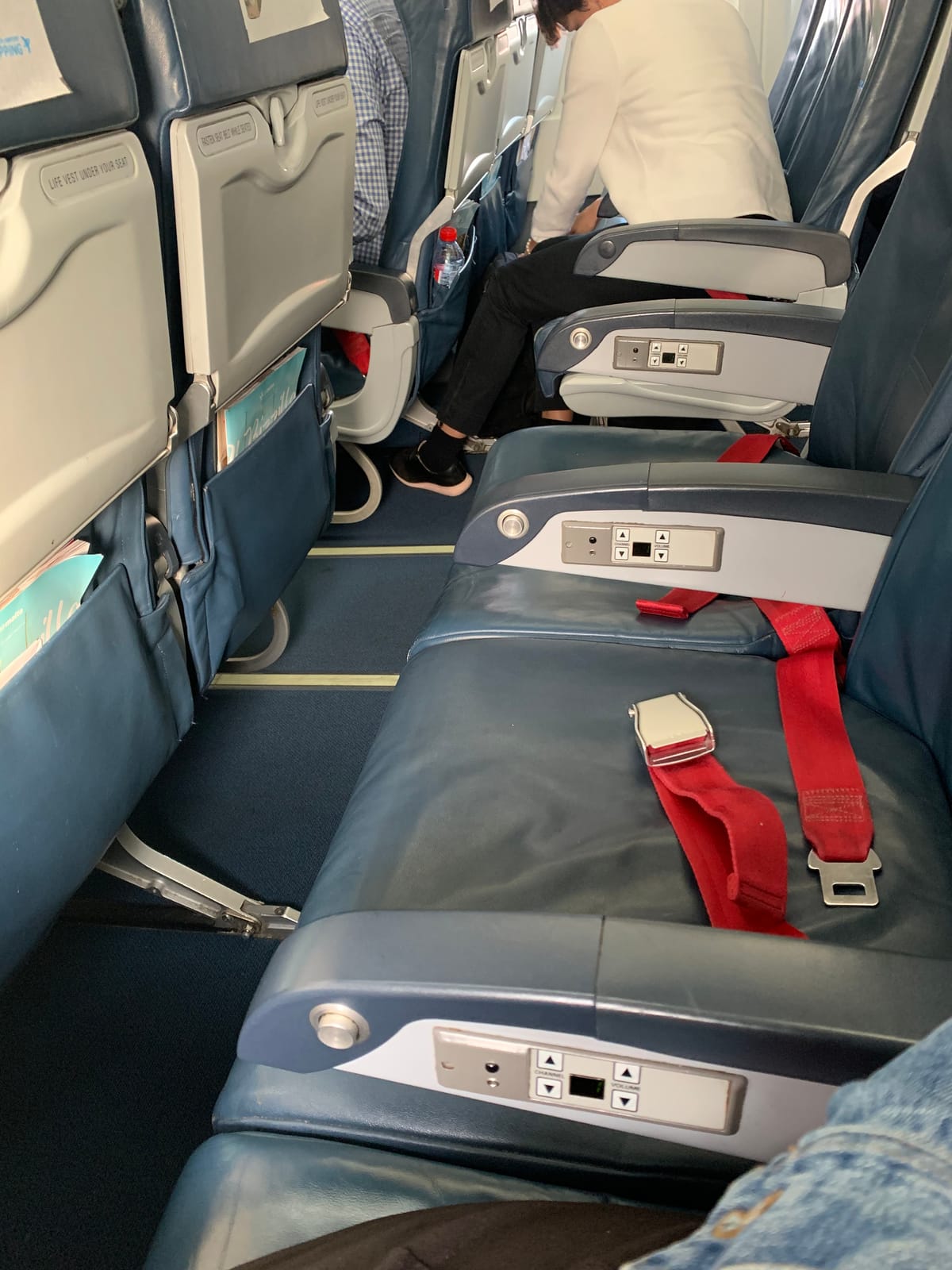The Middle

"A lot of people focus on the beginning and end of the story, but the middle is where everything important happens. And a lot of people just skip over it." -Charles Duhigg
On most journeys, there's excitement around starting. The end is the payoff and a reward for our hard work. But the middle is muddy. It requires tenacity. It's the "making of" extra instead of the primary focus. And yet, Duhigg is right. It's where we find the good stuff.
We've all heard, "Life is a journey, not a destination" which may or may not have originated with Ralph Waldo Emerson. Truth is, the saying isn't just for people who enjoy trite platitudes, there's actually some neuroscience connected to why the middle matters. It's a process referred to as neural coupling or mirroring. According to Princeton researchers J. Stephens, Lauren J. Silbert, and Uri Hasson, this process builds a shared contextual model and creates a desire and anticipation of a resolution. It's the place where we find the connection with one another– imaging ourselves in the situation. We get a surge of dopamine as a result.
Focusing the journey pays off in other ways too. It makes us feel successful. In a study published in the Journal of Personality and Social Psychology Stanford researchers Suz-chi Huang and Jennifer Aaker conducted six experiments with more than 1,600 people trying to achieve different kinds of goals. What they found that thinking of the process as a journey leads to a greater likelihood of continuing the behaviors that enabled them to attain their goal. The reason? The little setbacks, the ups and downs, seemed less consequential.
"In this light, a better metric of success is how much you feel you have grown, learned, and your ability to change your habits moving forward. And adopting a journey mindset helps foster that type of success," Aaker explains.
Want more proof that this pays off?
Let's take research that's literally about journeys. A J.D. Power and Associates 2023 STUDY shows that people who have a 10 out of 1o travel experience tend to spend 50% more. Those customers nearly always cite the experience as the reason for the rating. Everyone got to their destinations– but it was only those who felt cared for along the way– who remembered the details and then went back again and again. Why? It was literally the attention to detail in the journey, that passenger experience that which was the difference between forgettable and brand loyalty.
This is your call to get down into the muddy middle. To focus on the journey. That's where the magic is.
